18 Terrorist Cows & 'Intifada Milk'
By: Menal Elmaliki / Arab America Contributing Writer
THE FILM
The Wanted 18 is a Palestinian-Canadian animated documentary that incorporates both documentary-style filmmaking as well as traditional fictional animation. The film centers around the real-life tragedy of Palestinians in Beit Sahour, a Palestinian town that is located east of Bethlehem. It covers “the efforts of Palestinians in Beit Sahour to start a small local dairy industry during the First Intifada.”
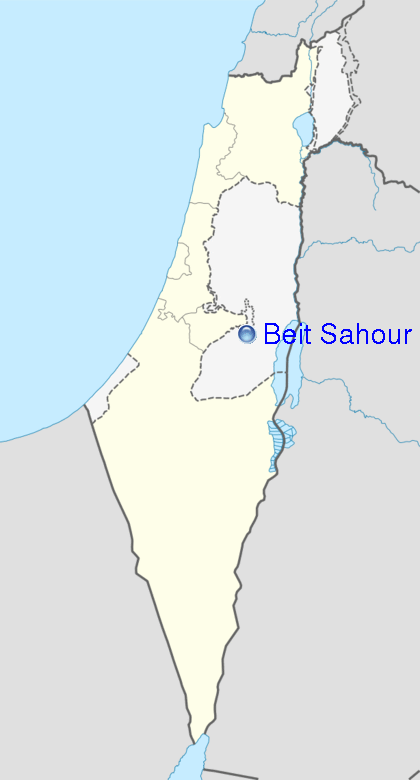
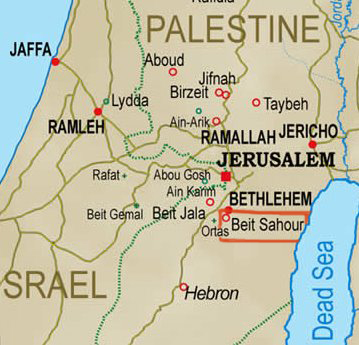
The plight of Palestinians in Beit Sahour began when they decided to stop purchasing milk from Israeli companies and instead purchase their own cows. Palestinians decide to be self- sufficient having had enough of living in the shadow of Israel, living as second- class citizens and of being economically subjugated, forced to pay for Israeli taxation and commodities that are no benefit to them. Soon after the local demand for Palestinian milk grew because it was free of Israeli taxation, it was deemed a national security threat to Israel. This resulted in the residents living in Beit Sahour to nickname their milk the “intifada milk.”
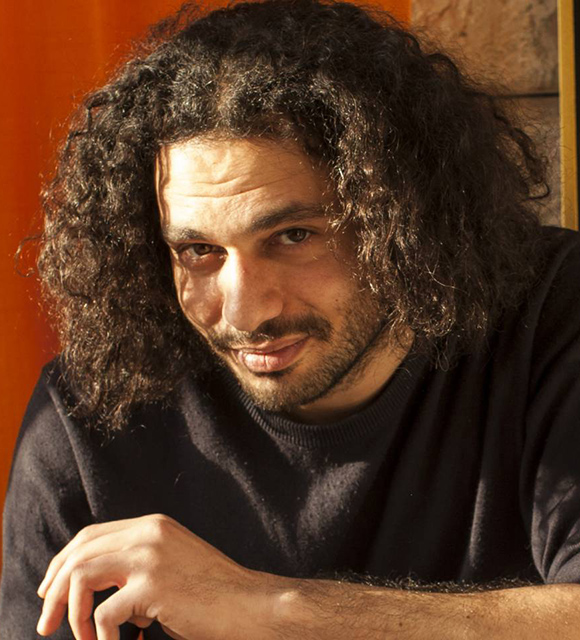
The film is told from the narrator’s perspective, director Amer Shomali, who spent most of his childhood engulfed in reading comic books as a form of escapism, as well as the view point of 18 fictional cows. The fictional animation adds to the storytelling and makes it more engaging as well as entertaining. Amer adds that the funny part was that cows are not part of the culture and none of the Palestinians in Beit Sahour have never seen a cow before, “all of them were intellectuals, doctors, pharmacists. They never saw a cow before.”
The main characters of the film are the cows. The animated reality personifies the 18 cows to symbolize Palestinians as they are quickly branded as terrorists and are forced to hide. Shomali says, “We wanted to tell the story through the eyes of the cows. Basically, any audience around the world can relate to the cow. They are beautiful. They have beautiful eyes. I always say, it’s easier for western audience to sympathize with the cow rather than a Palestinian.”

The purpose of the film is to not have the audience consume but rather to evoke an emotional response; can the audience feel for the cows who are innocent and naive and who must deal with being made criminals overnight? The cows get emotional, cry, feel hopeless, are in anguish. They are forced to not only hide but are also separated from one another. The film is satirical- how can cows be dangerous? Apparently they are dangerous enough to threaten national security and now there is a hunt for 18 very dangerous and violent farm animals. Throughout the film, residents of the town devise creative ways to keep the wanted criminals hidden from the Israeli authorities. The laborious yet wasted efforts of Israelis to try and find 18 large cows hidden in plain sight is laughable.
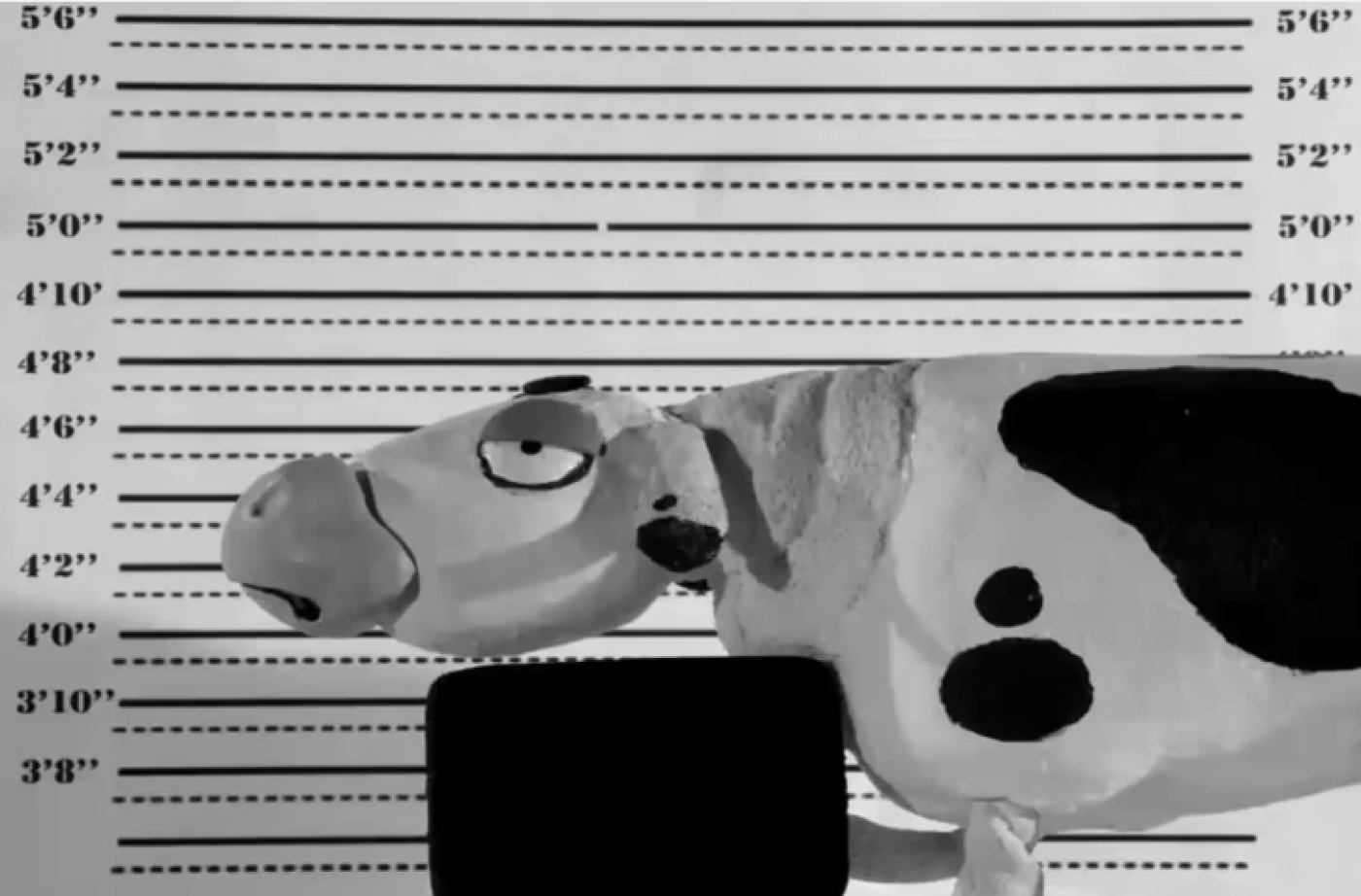
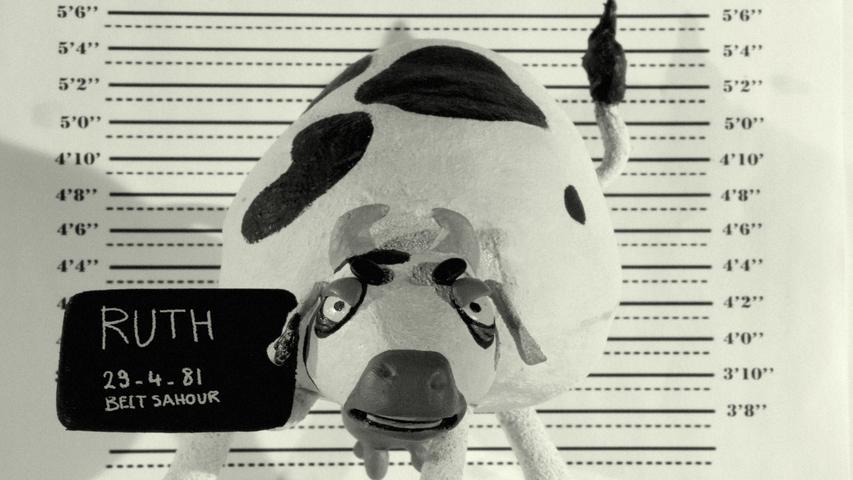
THE FIRST INTIFADA: A BRIEF HISTORY
The Intifada began on December 9 of 1987, and what soon followed was a series of intifadas from 1987 up until 1993, it had come to an end after the signing of the Oslo accords. The Intifada began in the Jabalia refugee camp, it was a reaction to the killing of 4 Palestinian workers, 3 of whom were from the Jabalia camp. An IDF truck “collided” with a civilian’s car, killing all 4 workers. Many claimed that the attack was coordinated and planned and it was a response to the killing of a Jew in Gaza.

The killing resulted in a sea of responses, civil disobedience, violence, protests, and more. One of the many ways they protested was through economic boycotts, Palestinians refused to work in Israeli settlements and for Israeli companies. They also refused to pay taxes, use Israeli licenses as well as buy Israeli products.
“According to Mubarak Awad, a Palestinian American clinical psychologist, the Intifada was a protest against Israeli repression including “beatings, shootings, killings, house demolitions, uprooting of trees, deportations, extended imprisonments, and detentions without trial”.”
THE STORY BEHIND BEIT SAHOUR
The film centers around the first Intifada, in the 1980s. In many Palestinian towns like Beit Sahour there were violent protests and clashes due to tensions that have been fuming since the 1967 Israeli occupation of the West Bank and Gaza. At the time, the municipality of Israel was separated into Israeli and Jewish and then Palestinians and Arabs; this caused many Palestinians to feel inferior.
In response, Palestinians decided to boycott Israeli goods, commodities, taxation, etc. The residents of Beit Sahour in particular have decided to boycott Israeli milk and no longer wanted to participate in the growth and melioration of Israel especially when they did not reap the rewards, how can they help the government that is funding their own oppression?
The Palestinians were very serious and were willing to do whatever it took to earn some independence and decided to purchase their own cows. The cows were purchased by a school teacher and he appeared in the film as himself, telling the story from his viewpoint. The town took this idea of owning a dairy farm very seriously, to the extent that even one of their residents was sent to America to learn the tricks and trades of dairy farming. The milk business was a “success” and it was nicknamed “intifada Milk,” because it was a form of rebellion against the oppressive government.

Eventually, the Israeli guards learned of this Palestinian dairy farm and threatened to “impound the cows,” in other words seize or execute, in the name of a “security threat.” In response, the residents of this town did not comply instead devised ways to hide them and everyone in the city partook in the smuggling of these innocent dairy queens.
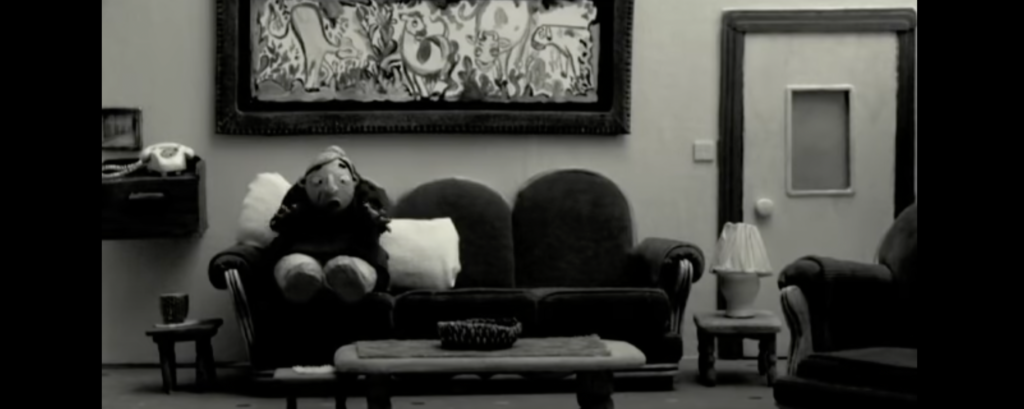
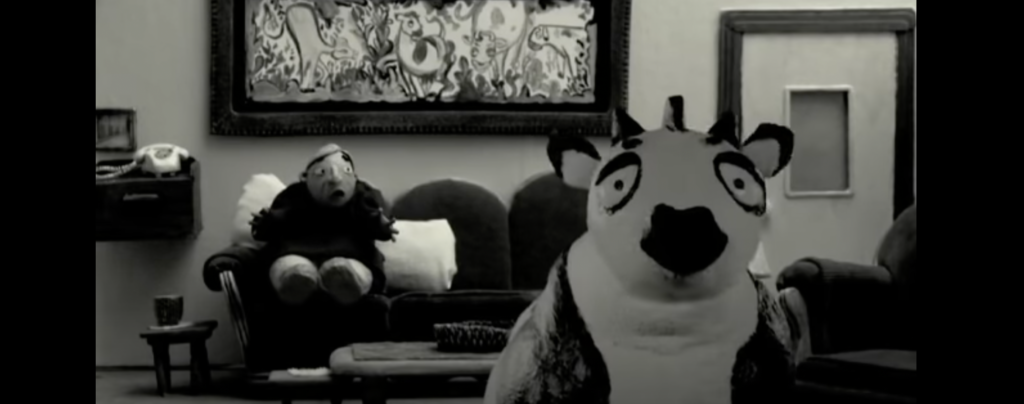
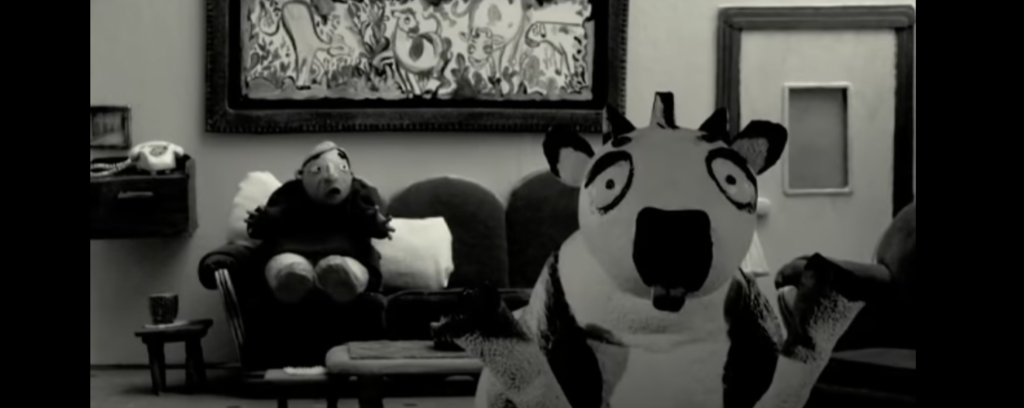
“For the Palestinians, it meant a step closer to being free, to be able to decide their future, to be independent. Basically that was what was the security threat for Israel. It’s not the cow itself. It’s what the cow represents: a step toward independence.”
Director Amer Shomali.
Milk, though seemingly trivial, represents freedom for Palestinians who were forced to drink occupation milk, how they drink from the hand that bites you. The bigger picture is that the cows signify more than just dairy independence but autonomy from Israel which at the time was using commodities and goods as a form of controlling Palestinians.
These events were all about shifting the power from Israel to the Palestinians, the townspeople of Beit Sahour were forced to comply to curfews implemented by Israel. Palestinian owned- businesses were negatively effected when Israeli authorities removed everything that made them self- sufficient. The documentary highlights the desperation and creativity of Palestinians in the face of dire circumstance, severe threat and oppression.
THE UNIQUE ASPECT OF THE FILM
The documentary is entertaining because it is told from the view point of the cows. The cows are American, one is British, and it appears in claymation animation while the other scenes take a more formal approach- documentary style. The Wanted 18 Is meant to have a “comic book feel,” and the director mentions that he chose the film to be told from the point of view of the cows so the audience can not only sympathize with the Palestinians but also those who suffer in the middle, like the cows themselves.
In the beginning of the film, one of the cows whine, ” “Maybe you think that cows are all the same, and they’re stupid and lazy, and just grazing all day, with nothing going in their heads. Maybe you should think again.”
There is this assumption that Palestinians are all the same, they are lazy creatures who should be treated as cattle only to be fed and clothed with no intuition or will of their own. Like all humans, they want to be free to travel, to economically, politically, and socially prosper. In the end, both Israelis and Palestinians abandoned the cows and we must ask ourselves in the middle of chaos and suffering, what must we sacrifice for some semblance of peace?
“The director intended to use the cows’ point-of-view as a way for the audience to sympathize with the subject matter. For Shomali, laughter is a way of non-violent disobedience.”
What is the best way to fight when you can’t fight- according to Shomali it is laughter and holding on to hope. He was wrongfully imprisoned for more than a decade for simply protesting the Israeli government. There is so much to learn from his spirit and he uses art and film to share his story and inspire others.
WAYS THE ISRAELI GOVERNMENT OPPRESSED PALESTINIAN BUSINESSES
“Nowadays we are struck in a matrix where we can’t decide anything.”
Director Amer Shomali
Shomali compares the situation of Palestinians as the matrix, a system of social control, where their hands are tied and nothing can be done. For the past 15 years, the state of Palestinians are described as the world’s biggest open-air prison, mental walls that extend to physical walls. The occupation and blockades the rights of Palestinians to free movement and travel are restricted. Palestinians are not allowed to dig for water and are forced to purchase water from an Israeli company. Palestinians are made infantile, not allowed to control water, borders, and electricity. Israel also limits the bandwidth of Palestinian Authorities and does not allow them to import and export unless permission is given from the government. The dreams and aspirations of many young Palestinians are shattered and their future hangs in the power of the occupying force.
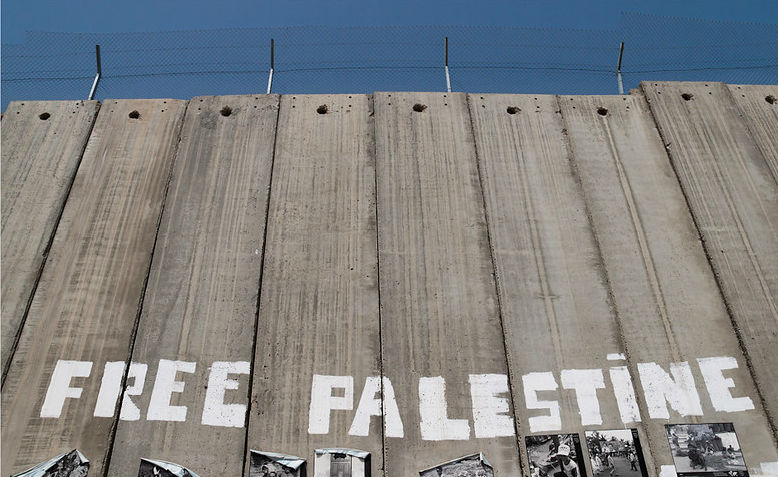
“International businesses contribute to the abusive treatment of Palestinians, which includes displacement in order to make land available for businesses. They also pay taxes to the state of Israel and benefit from the Palestinian condition, which offers them cheap labor. Due to limited movement and opportunities available in the West Bank, Palestinians often find themselves in the unfortunate situation of having to work in illegal Israeli settlements. Furthermore, Israel often readily gives international companies permits while refusing Palestinian companies permits to operate in their own land.”
The underlying reality is that Palestinians cannot profit from a business under Palestine it must be labeled a product of Israel.








